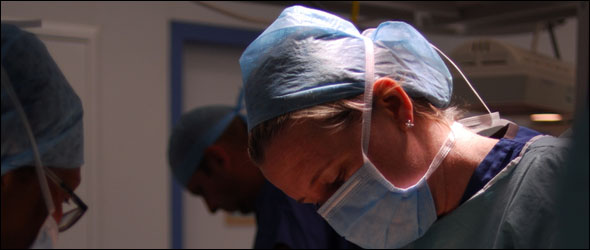So for some reason, I just could not sleep the night before again – even though I was in my own normal bed where I usually sleep just fine. I find it really weird, as I’ve had interviews or other important things before, but have never really had sleeping problems. Hopefully this doesn’t happen for McMaster again, especially since that one is longer and a bit more intensive.
When I got to the location this morning, it started off a bit weird. After getting off the elevator, the waiting room was already full of interviewees, as registration had not started yet. There were maybe a few interviewees chatting quietly in the corner, but there were a bunch of people just standing there not saying anything. There were even some people standing in a circle and not saying anything – that just blew my mind. I wonder how long some of these interviewees stood there staring at each other without saying anything – I was only standing near that circle for less than a minute, and I already felt super awkward.
But then I heard a few people behind me chatting about the Queen’s interview, so I joined in on their conversation, and met this guy who went to Harvard for undergrad. A few minutes later, we got into line for registration, and I started talking to a few guys behind me who turned out to also be in 3rd year, but from the McMaster Health Sciences program – that was pretty cool, because I ended up knowing a bunch of the people from their class.
There were three possibly interview times for the morning session – 9, 10 or 11 am. I ended up getting 9 am, which I was quite happy with because that means I wouldn’t have to spend 2 more hours thinking about the interview or anything.
After registration, we were led into a room with a bunch of chairs and a screen, and we listened to a quick presentation about UofT’s medical school from some 2nd year students, and also watched a funny video they produced about the interview process in the style of The Office. So that was nice for relieving any tension or stress in the room.
After the presentation, those of us with 9 am interviews got brought into a waiting room, where our interviewers would come and pick us up. The interviewers would be a 2nd year medical student, as well as a faculty member of the medical school. The interview lasted maybe a little less than an hour or so, I’m not really sure. I came out with rather mixed feelings.
Both interviewers were really nice, but I was a bit surprised with the format I guess. I’m not allowed to reveal much, but I will say I was a bit surprised in the sense that the interview was more formal and generalized than I expected it to be, mainly because most of the stories I’ve heard portrayed the UofT interview as more of a casual, personalized conversation. That being said, I have also heard that the interviewers are given a lot of flexibility in terms of deciding how they conduct their interviews, so I guess I really shouldn’t be surprised by anything thrown at me.
I definitely felt I didn’t answer some questions as strongly as others and some of the questions definitely left me flustered, and since I wasn’t being given too much feedback, it was hard for me to know whether what I was saying was clear, etc. So overall, it’s really hard for me to evaluate how well I did, because I didn’t get much information on how they were perceiving my answers – so in a way, I don’t really know what to feel – I feel uncertain, if that makes sense.
Also, they weren’t taking many notes or anything during the interview – they have about 10-15 minutes afterwards to discuss each interviewee, at least that’s how it seems. It makes you wonder – are they going to remember when I rambled? Or are they going to remember the good parts of the interview? What are they looking for and did they see any of that in me?
Although it was a bit different from what I expected, it was definitely an interesting experience nonetheless. Hopefully I end up with some good news on May 15!







